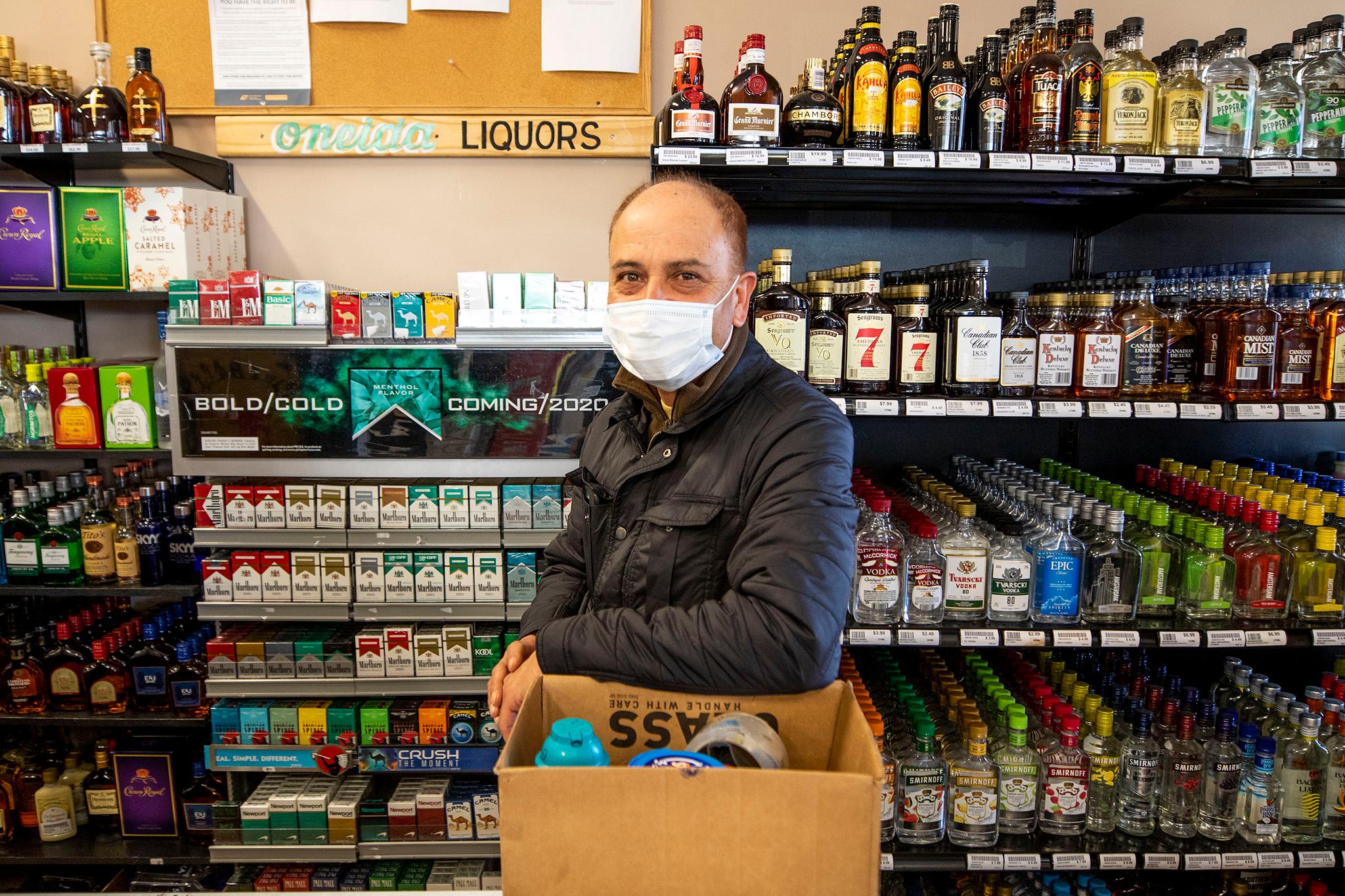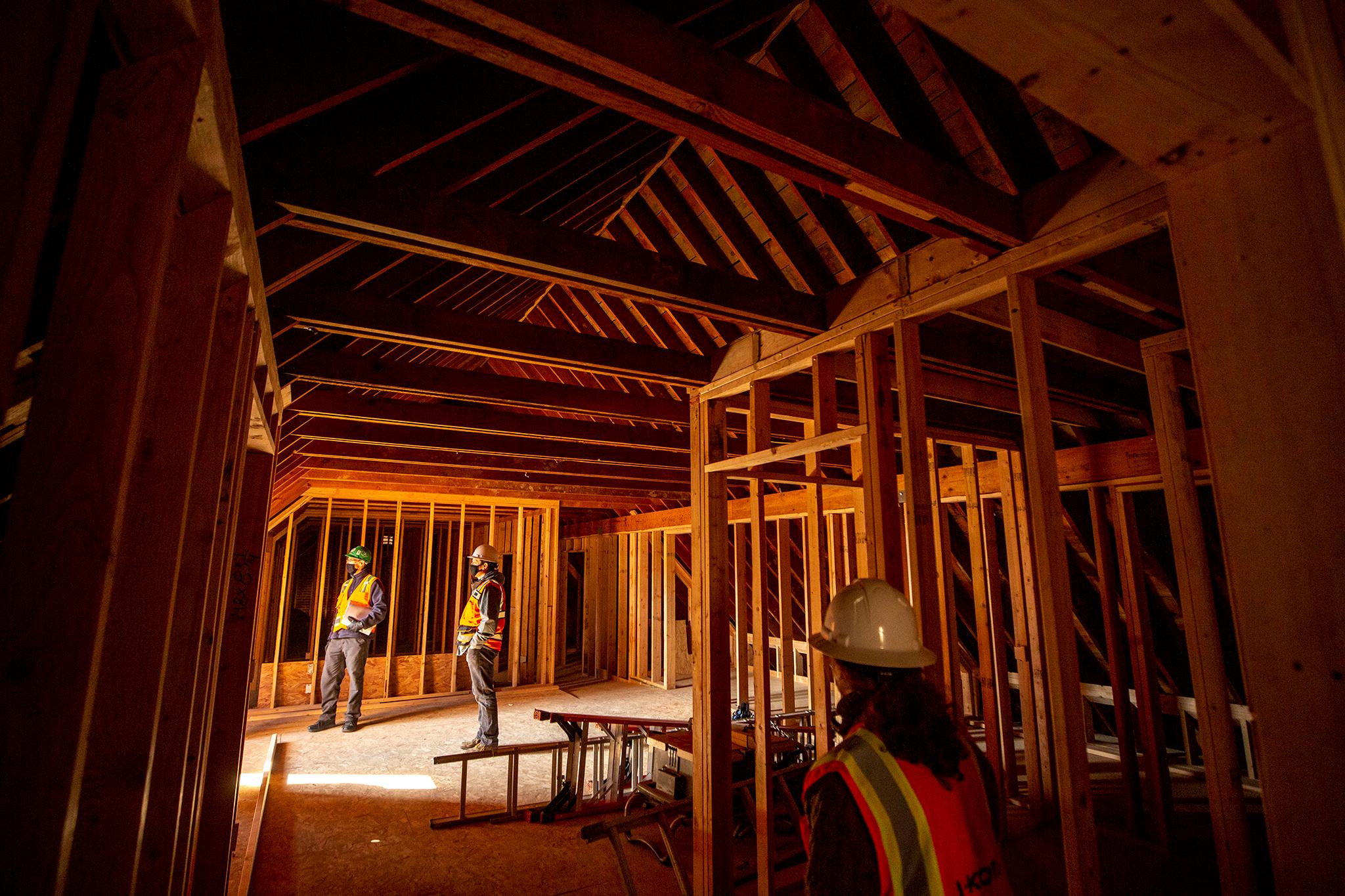After getting nearly 10,000 responses, the city says it has a clearer picture of how Denverites want pandemic recovery money to be spent.
The responses were part of an effort to get public feedback for how Denver should spend $308 million in federal relief money and $400 million in a proposed bond package. Responses were collected from online surveys and telephone town halls hosted by the city between May 19 and June 9, according to city finance department spokesperson Kiki Turner, who presented the findings to lawmakers on Thursday.
They were based on roughly 2,300 unique responses (some people provided multiple responses), which Turner said included about 1,500 people. Some 6,200 residents took part in the online survey and in the telephone town halls; not everyone who joined the calls necessarily provided a response, which is why the numbers are a bit different.
The city broke down the responses into three focus areas, including community, business and infrastructure.
Among the top priorities for these areas based on the feedback:
- Housing and support for people experiencing homelessness topped what mattered most for the community
- Increased affordable housing was the top solution for housing
- Having more farmers' markets or community gardens was the top solution for improving access to nutritious food
- Job opportunities and workforce development were the top concerns for business support
- People said they weren't returning to work because there weren't enough employment opportunities in their industries
- Costs associated with renting, leasing or owning a building were the top concern among business owners
- Building safe and accessible streets and sidewalks were what people said mattered to them most for infrastructure
- Respondents said the city should prioritize offering more jobs, apprenticeships and job training related to infrastructure projects
- A vast majority of people said the city should fix outdated infrastructure
The feedback came from a pretty wide swath of the city. It included people who said they work or visit Denver and a small amount who said they're simply interested in what happens here. The majority of respondents, 57 percent, were white, while 23 percent were Latinx, 10 percent were Black or African American, 4 percent were Asian American and Pacific Islanders, and 4 percent were multiracial, which closely matches the city's overall racial and ethnic breakdown

Turner said the city reached out to people through mailers and text messages and offered town halls in different languages, including Spanish, Vietnamese and Amharic. She added that the town halls gave people a chance to speak openly about their needs and priorities after a difficult year.
"I think having these accessible and inclusive entry points for residents was important to us, and I feel like it did pay off," Turner said. "We are happy to see that our results do reflect what Denver looks like."
Neighborhoods with the highest number of participants included Barnum, East Colfax, Harvey Park, Hilltop, Mar Lee and South Park Hill.
A dashboard with the data presented on Thursday is available online.
According to Turner, the next step for the bond package will be to draft and revise a project list, which will be narrowed down based in part on the community feedback. After a final list is reviewed by the mayor and City Council, specific ballot questions will be drafted, and the final project list will go through City Council for a vote. If council approves it, the bond package will appear before voters in November. Turner said there will likely be some additional community outreach this summer.
The federal money is being sent to the city in two installments (the city was supposed to get the first chunk in May, but Turner said that hasn't happened yet). Those funds come with some guidance on what they can be spent on. Turner said the first round of money will likely be used by the end of the summer.












